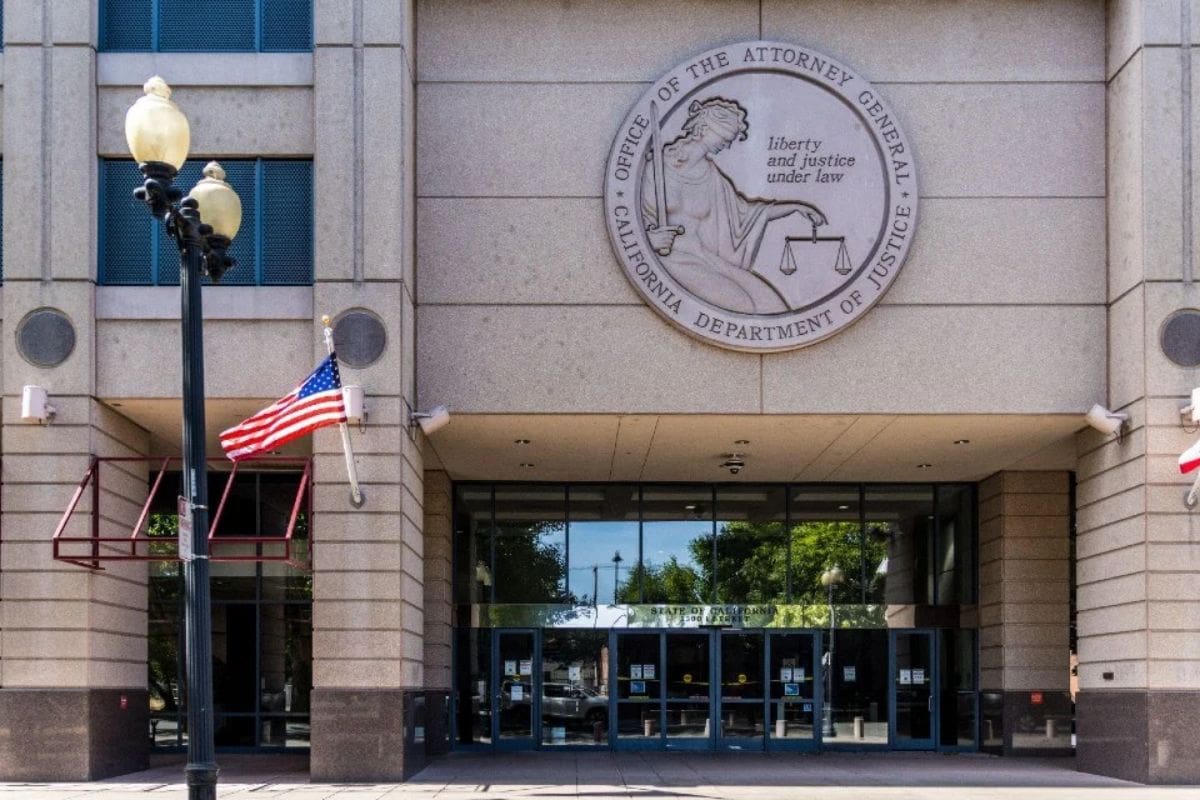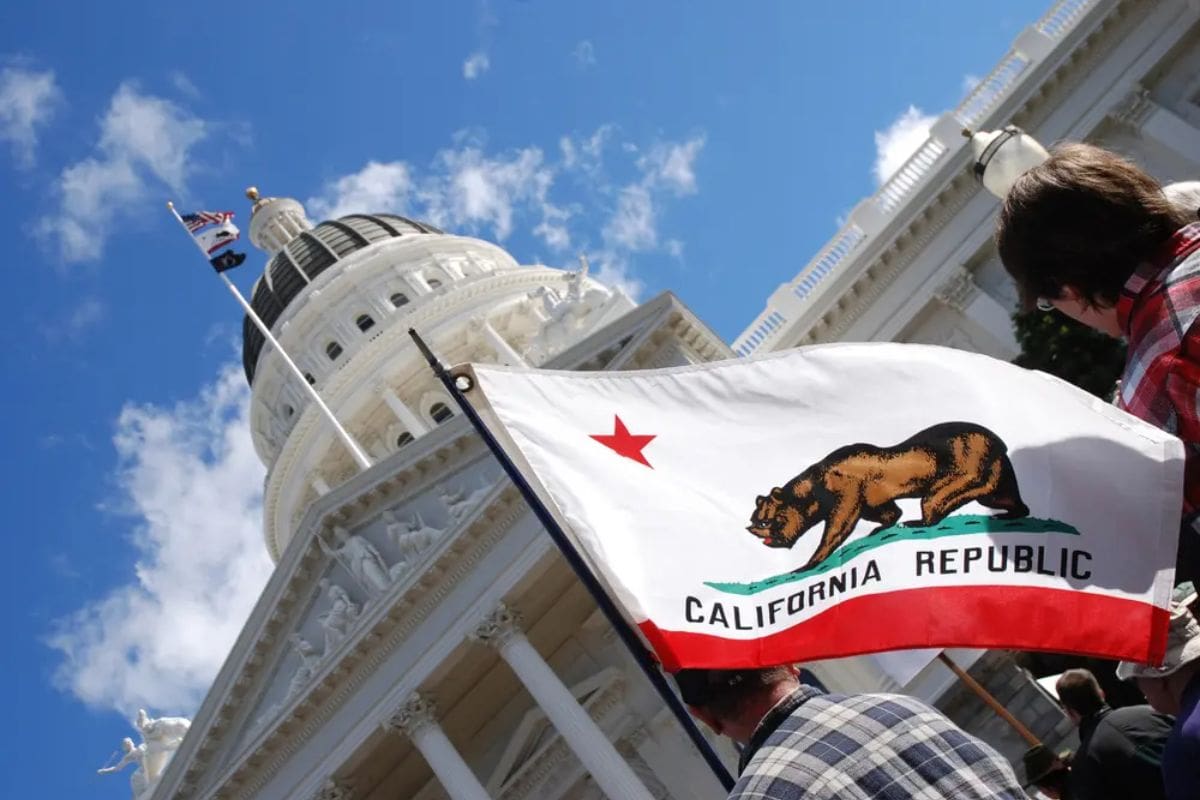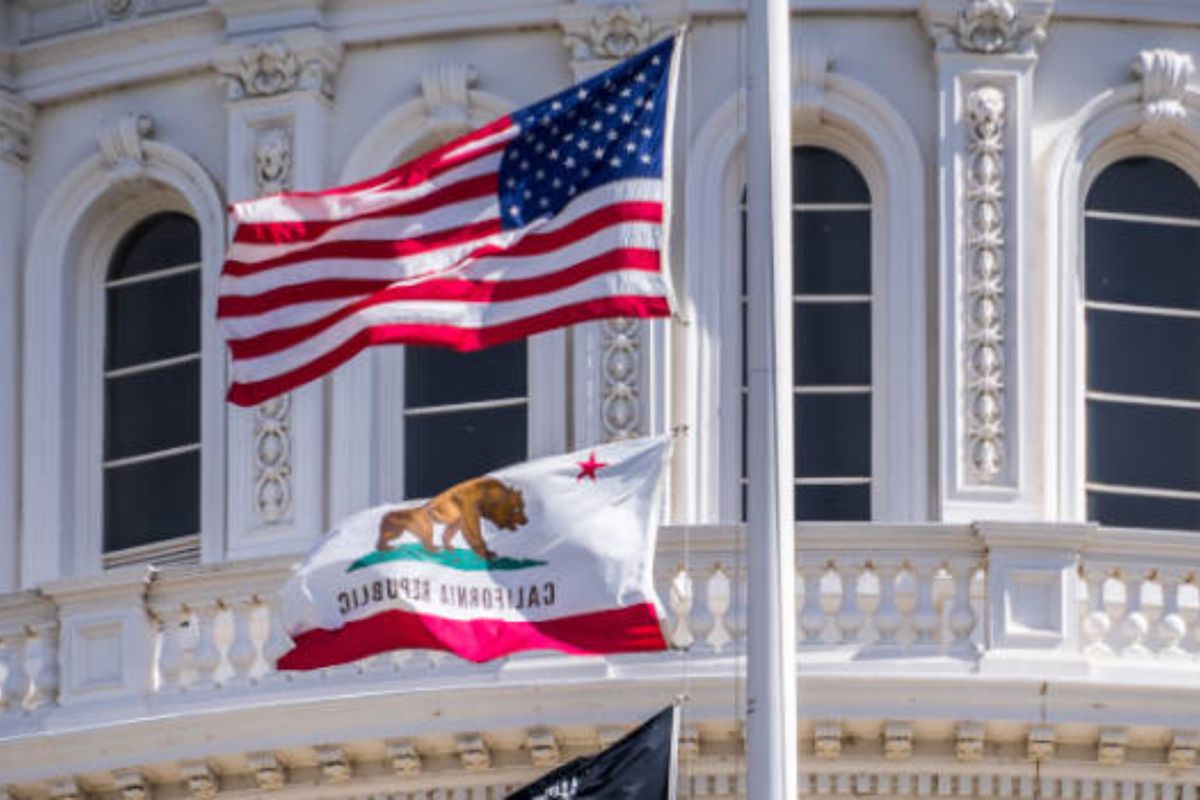California Game-Changing Move Assemblyman: In a groundbreaking turn of events, California’s Assemblyman has entrusted tribal entities with a pivotal role in shaping the state’s sports betting landscape.
This strategic move marks a significant shift in California’s gaming policy, indicating a newfound reliance on tribal leadership to navigate the complexities of sports betting regulations.
As tribes step into the forefront of these discussions, their influence promises to reshape the industry’s trajectory, presenting both challenges and untapped opportunities.
With Assemblyman Ramos championing this paradigm shift, the future of sports betting in California holds the promise of a dynamic evolution under tribal stewardship.
Tribal Leadership in California Gaming Policy
In the realm of California gaming policy, Native American tribes have emerged as influential leaders shaping the direction of the state’s gaming landscape. Assemblyman James Ramos, a member of the San Manuel Band of Mission Indians, underscores the pivotal role tribes play in the potential expansion of sports betting. He highlights the significance of the 1999 agreement that granted tribes exclusivity over casino gaming, emphasizing the need for any gaming expansion to align with tribal principles of responsibility, community benefit, and honoring past commitments.
Tribal leadership in California gaming policy is not merely about economic interests but also about upholding tribal values and ensuring that any expansion benefits both tribal communities and the state as a whole. The tribes bring a wealth of experience, traditions, and a deep understanding of the gaming industry to the table, making their guidance invaluable in shaping the future of gaming in California. As the state navigates discussions on sports betting and other gaming expansions, the wisdom and perspective of Native American tribes will undoubtedly continue to be a driving force in shaping policies that are both sustainable and mutually beneficial.

Tribes’ Influence on Sports Betting Discussions
With tribes like San Manuel at the forefront of California’s gaming policy decisions, their influence on sports betting discussions is paramount in shaping the future landscape of regulated sports wagering in the state.
San Manuel, along with other tribes, recently played a significant role in opposing a 2022 ballot proposition backed by commercial sportsbook operators, underscoring their pivotal position in the ongoing debates surrounding sports betting.
Assemblyman James Ramos highlights the necessity of tribal consent and leadership for any advancements in the realm of regulated sports wagering, emphasizing their dedication to promoting responsible and community-centric gaming practices.
The tribes’ deep-rooted involvement in these discussions reflects their commitment to ensuring that any developments in the sports betting sector align with their values and priorities.
As stakeholders with a longstanding history in California’s gaming industry, tribes bring a wealth of experience and expertise to the table, making their perspectives crucial in shaping the policies and regulations that will govern sports betting activities within the state.
Challenges and Future Prospects
Navigating the intricate landscape of challenges and future prospects in California’s sports betting arena requires a strategic approach that acknowledges the complexities inherent in the evolving regulatory framework. The state faces several hurdles and opportunities as it moves forward with potential sports betting legalization:
- Public Appetite: Limited public appetite post-2022 setbacks presents a challenge, requiring a delicate balance between public sentiment and regulatory considerations.
- Reconsideration Point: The 2026 midterm election serves as a potential reconsideration point for sports betting approval, but complications, such as gubernatorial elections diverting attention, may arise.
- Phased Approach: Discussions on mobile betting suggest a phased approach, with retail sportsbooks potentially preceding online platforms, posing challenges for enthusiasts outside major population centers.
- Enthusiast Accessibility: Ensuring accessibility for all enthusiasts, including those residing in less populated areas, is crucial for the success and inclusivity of California’s sports betting landscape.
Ramos’s Vision for Sports Betting
California’s sports betting landscape stands to be transformed through Assemblyman Ramos’s visionary approach, emphasizing alignment with tribal gaming principles and a community-focused expansion strategy. Ramos advocates for policymakers to not only consider the legalization of sports betting but to view it as an opportunity to align with the core principles that guide tribal gaming.
By highlighting the essential role of tribes in shaping California’s gaming policies, Ramos underscores the significance of respecting tribal sovereignty and fostering mutually beneficial partnerships. His vision extends beyond mere legalization, aiming for a responsible and community-oriented approach that prioritizes the protection of gaming revenues and the enhancement of community benefits.
Through Ramos’s leadership, sports betting in California is poised to evolve into a model that not only generates economic opportunities but also upholds the values of tribal nations and contributes positively to the communities they serve.

Also Read: California Job Hopes in Carbon Management A Potential Disappointment
News In Brief
California’s sports betting landscape takes a groundbreaking turn as Assemblyman Ramos entrusts tribal leadership with a pivotal role. This strategic shift, championed by Ramos, signifies a new era in gaming policy, emphasizing tribal influence in navigating sports betting regulations. With tribes at the forefront, the industry faces challenges and opportunities. Ramos’s vision aligns with tribal principles, emphasizing responsibility, community benefit, and honoring past commitments. As discussions unfold, tribal consent and leadership become integral, reflecting their commitment to responsible gaming practices. Despite hurdles like limited public appetite and potential delays until the 2026 midterm election, Ramos envisions a transformative, community-focused approach that respects tribal sovereignty and enhances overall benefits.

